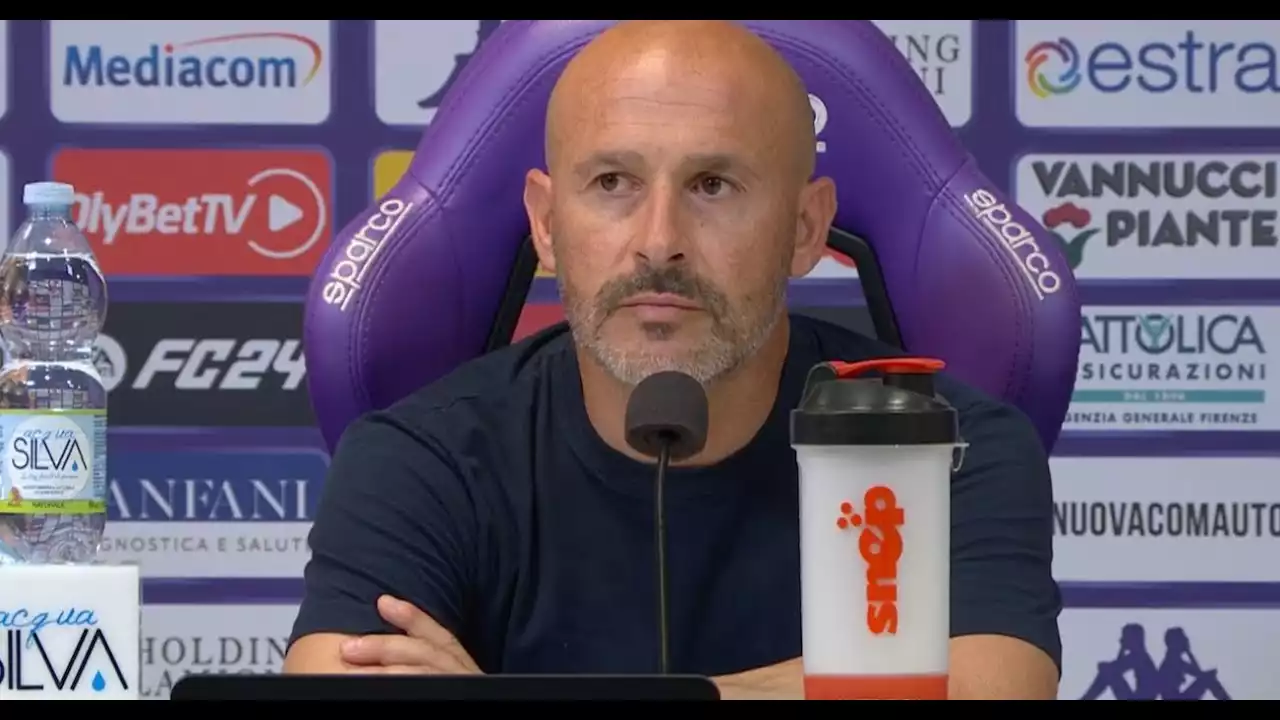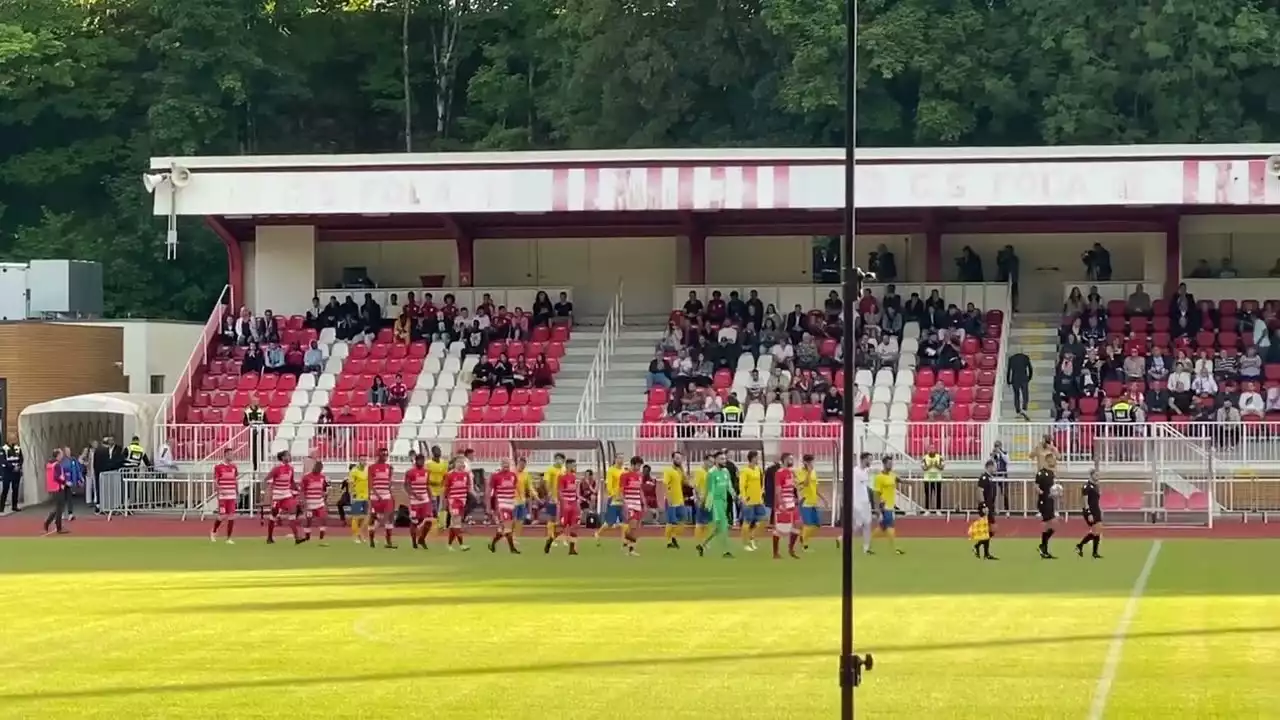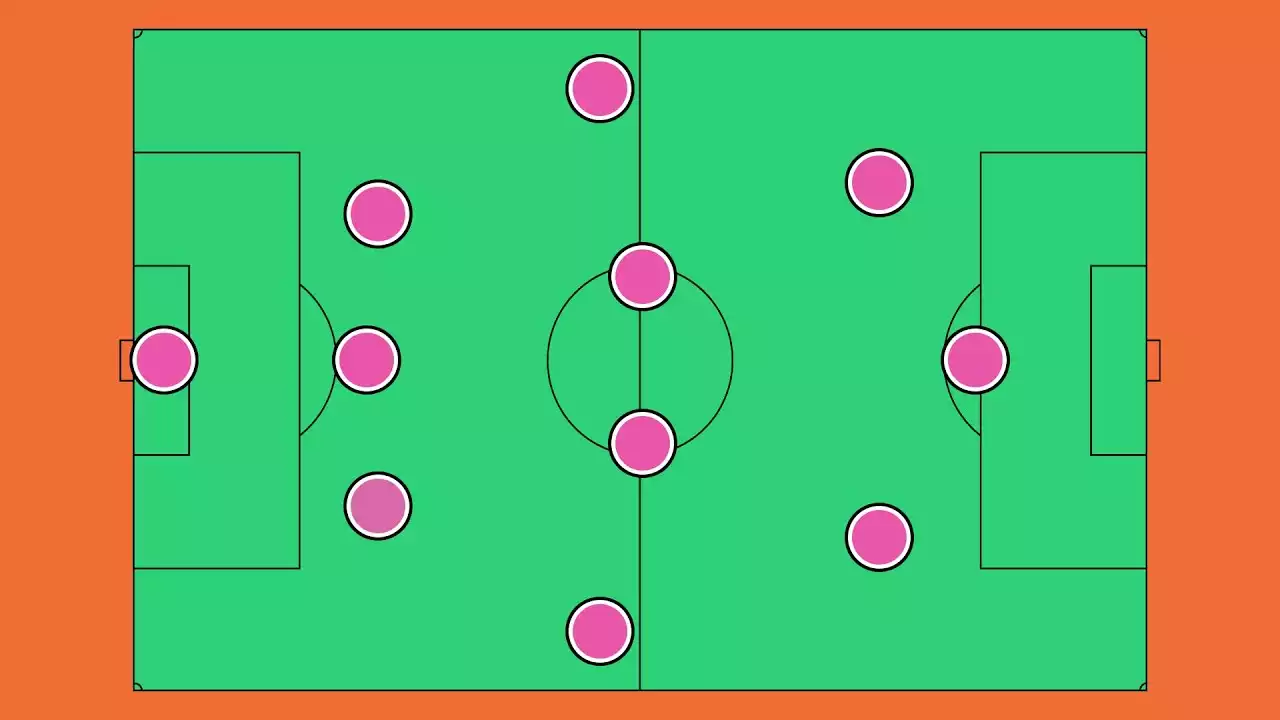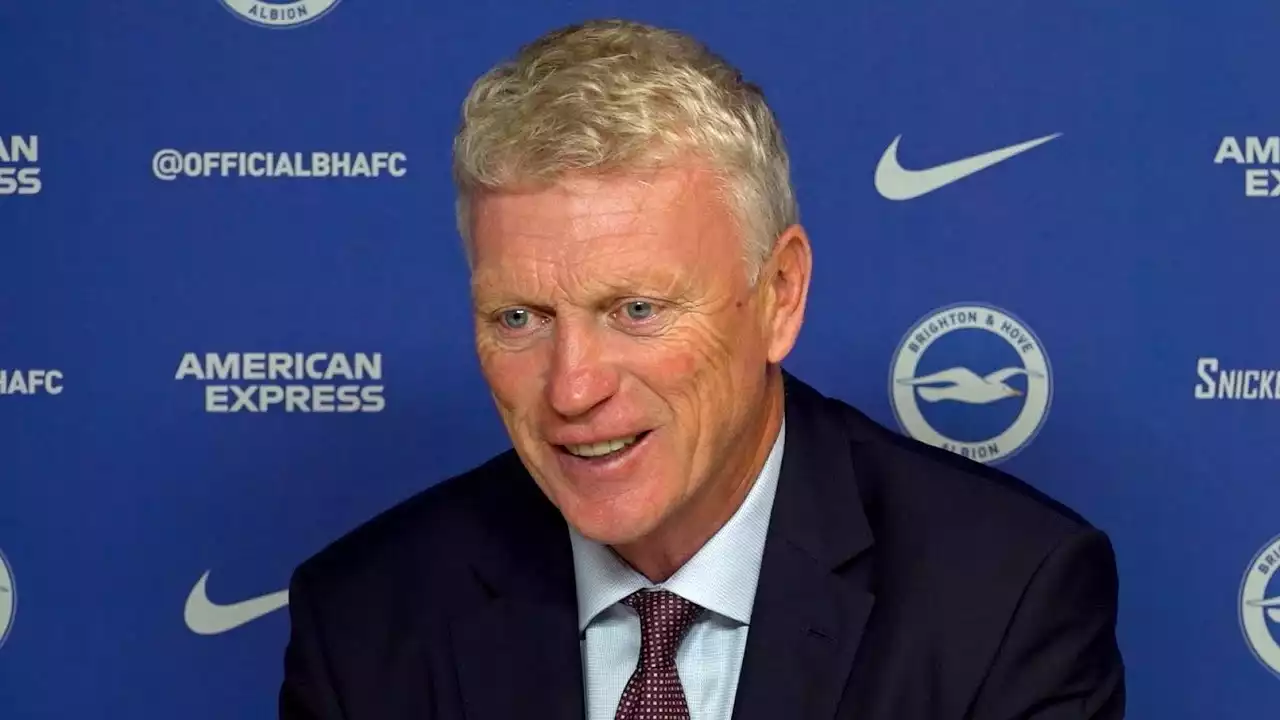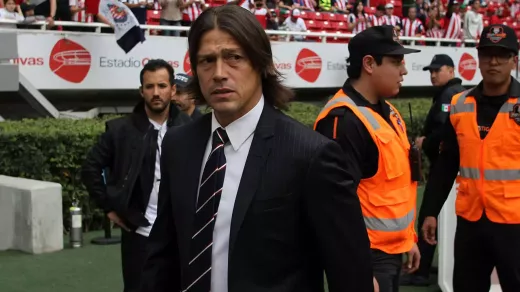Understanding managerial changes in football
Managerial changes are not uncommon in football, as clubs constantly seek to improve their performance and achieve their goals. However, when a managerial change occurs mid-tournament, the stakes are even higher. The Europa Conference League, being a newly established tournament, has already witnessed its fair share of managerial changes.
These changes can occur due to a variety of reasons, including poor results, disagreements with the board, or a desire for a fresh approach. Regardless of the reasons, the impact of these changes on team performance can be significant.
The impact of managerial changes on team performance
When a new manager takes over mid-tournament, there are several immediate effects that can be observed. Firstly, the new manager brings in a different tactical approach and style of play. This can disrupt the established strategies and formations that the team was previously accustomed to. Players may need time to adapt to the new system and understand their roles within it.
Secondly, a change in leadership can also have an impact on player morale. If the outgoing manager was well-liked and respected by the players, their departure can create a sense of uncertainty and unrest within the team. On the other hand, if the outgoing manager was unpopular or had a strained relationship with the players, the change can provide a fresh start and renewed motivation.
Lastly, a managerial change can also have an effect on the fans. Supporters invest their time, money, and emotions into their favorite teams, and a change in leadership can either rejuvenate their enthusiasm or lead to disillusionment. This can have consequences for attendance at matches and the overall atmosphere surrounding the club.
Factors to consider when making a managerial change mid-tournament
When considering a managerial change mid-tournament, several factors need to be taken into account. Firstly, the board and club owners must assess the reasons for the change and whether it is the right decision for the team's long-term success. It is crucial to have a clear vision of the club's goals and how the new manager aligns with them.
Secondly, the new manager's experience and track record should be evaluated. A manager with a proven record of success and the ability to adapt to different situations may be better equipped to handle the challenges of a mid-tournament change. Additionally, the manager's ability to communicate and build relationships with the players is crucial for a smooth transition.
Lastly, the timing of the change should also be considered. If the team is already performing well and in a strong position in the tournament, a managerial change may disrupt the momentum and lead to a decline in performance. However, if the team is struggling and in need of a fresh start, a change in leadership can provide the boost needed to turn things around.
Strategies for managing a team during a managerial change
Managing a team during a managerial change requires careful planning and implementation. The new manager must establish clear lines of communication with the players and staff to ensure a smooth transition. It is important to build trust and create an environment where players feel comfortable expressing their concerns and ideas.
Additionally, the new manager should focus on identifying the strengths and weaknesses of the team and develop a strategy that maximizes their potential. This may involve tweaking the existing tactics or introducing new ones that suit the team's style of play. Continuous evaluation and adaptation are key during this period.
The role of player morale and team dynamics in a managerial change
Player morale and team dynamics play a crucial role in the success of a managerial change mid-tournament. The outgoing manager's relationship with the players and their perception of the change can heavily influence their motivation and performance. Therefore, it is essential for the new manager to establish a positive and inclusive environment where players feel valued and supported.
Building team cohesion and unity is also vital during this period. The new manager should encourage open communication and foster a sense of belonging within the team. Team-building activities and regular meetings can help strengthen bonds and create a shared sense of purpose.
The influence of managerial changes on fan support and attendance
Fan support and attendance can be greatly affected by a managerial change mid-tournament. If the change is perceived as positive and brings about immediate improvements, fans are likely to rally behind the team and show increased support. This can be seen in the form of higher attendance at matches, louder chants, and a more positive atmosphere in the stadium.
On the other hand, if the change is met with skepticism or results in a decline in performance, fans may become disillusioned and lose interest. This can lead to lower attendance at matches and a more apathetic atmosphere. It is crucial for the club to communicate with the fans and provide reassurance during this period to maintain their support.
The long-term effects of managerial changes on team success
The long-term effects of managerial changes in the Europa Conference League can vary depending on several factors. If the change is successful and leads to improved performance, it can create a positive momentum that carries the team forward. The new manager's tactics and strategies may lay the foundation for future success and attract talented players to the club.
However, if the change is unsuccessful and results in a decline in performance, it can have long-lasting consequences. The team may struggle to regain their previous form and face challenges in attracting top talent. Additionally, frequent managerial changes can create instability within the club and hinder its progress.
The importance of careful decision-making in managerial changes mid-tournament
Managerial changes mid-tournament in the Europa Conference League can have a significant impact on team performance. The tactical adjustments, player morale, and fan support all play crucial roles in determining the success or failure of such changes. It is essential for clubs to carefully consider the factors involved and make informed decisions that align with their long-term goals.
By analyzing case studies, understanding the factors to consider, and implementing effective strategies, clubs can navigate the challenges posed by managerial changes and maximize their chances of success. The Europa Conference League provides an exciting platform for clubs to showcase their abilities, and the impact of managerial changes adds an extra layer of intrigue to the tournament. Football enthusiasts and strategic thinkers alike can gain valuable insights from studying the impact of managerial changes in this competitive and rapidly evolving sport.

